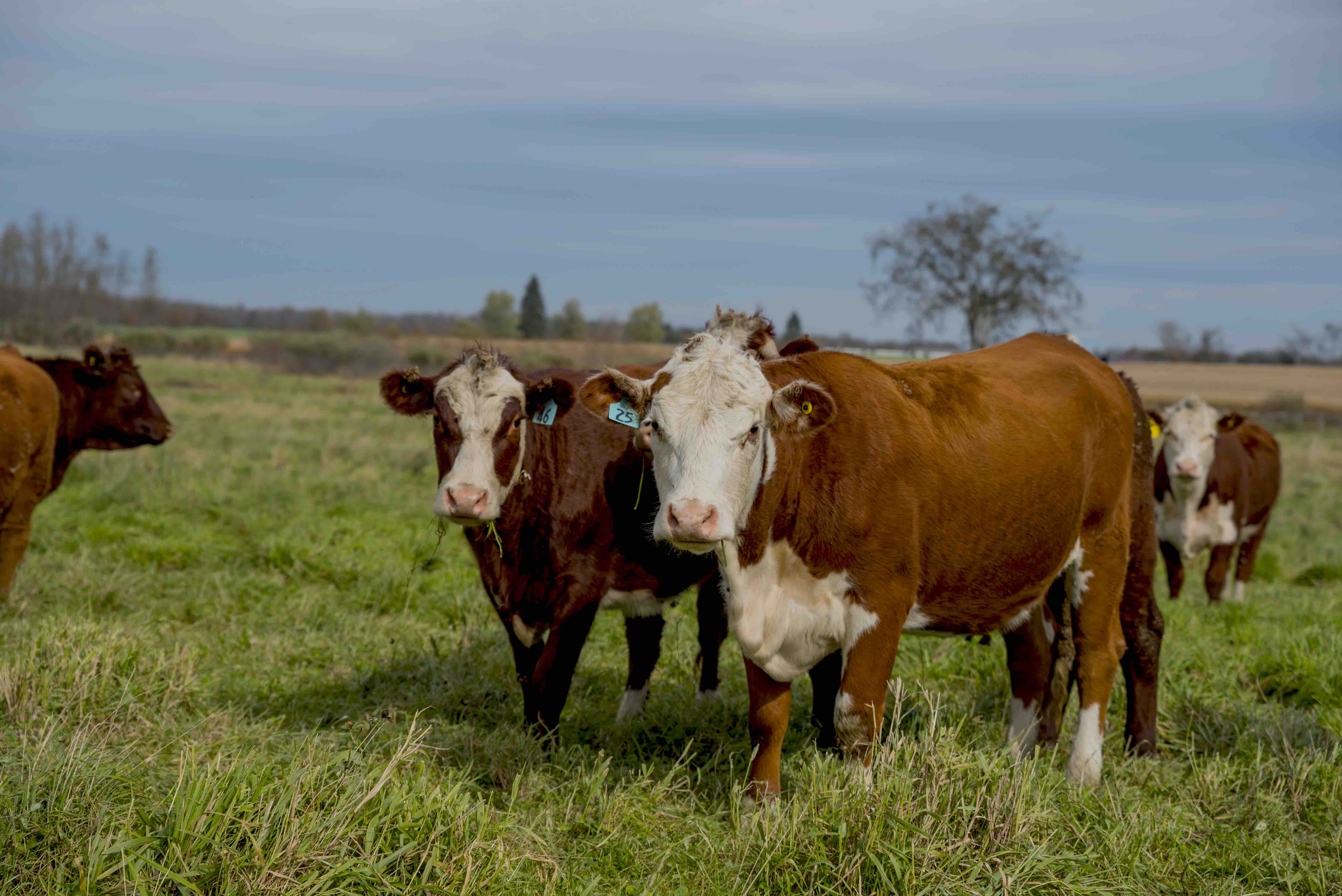Get $60 OFF throughout your first 2 boxes with code HOLIDAY60.
Offer ends in ::
Set your location to shop products local to you.
NIKU Farms
Thank you for your feedback!
If you requested further assistance, you’ll receive an email confirmation and we’ll follow up within 24 hours.
Got more questions? Start a new chat.
End chat
Are you sure you want to end the chat?
Cancel
Are you sure?
Your response has not been submitted. To process your request for further assistance, please hit the 'Back' button below, complete the form and submit your request.
Close Chat

100% Grass-fed beef has earned its’ rightful place near the top of the sustainable eating list not just because of good taste, but for its nutritional superiority. Healthy dieting and alternatives become all the rage in the new year, and you may have decided on switching to grass-finished, pasture-raised beef for better nutrition and overall health. You’ve probably looked into how grass-finished beef offers more preferred fatty acids like omega-3 already, but we’re digging deeper in this post to show you what these nutritional benefits really mean for your body.
It’s a fact. Decades of research have proven that grass-based diets significantly improve the omega-3 fatty acid composition of beef, and actually contains double the amount compared to its grain-fed counterparts. It is important to note that there are three main types of omega-3 fatty acids. There is alpha-linolenic acid (ALA), eicosapentaenoic acid (EPA), and docosahexaenoic acid (DHA). ALA is found mainly in plant oils such as flaxseed and soybean oil, and DHA/EPA variants are found in fish and other seafood. The type of omega-3 acids present in 100% grass-fed beef is of the ALA kind. Our bodies are not capable of developing ALA omega-3s, so consuming appropriate amounts of it is essential for our bodies to obtain a suggested daily intake of 1.1g for adult women, and 1.6g for men. A ten-ounce portion of grass-fed beef (which is an average steak dinner) contains around 0.23 grams of omega-3 fatty acids. That’s already 20% of the suggested daily intake for adult women and 15% for men.
Other places you may get your omega-3 fatty acids could be from your use of vegetable oil while cooking, nuts, and leafy vegetables – but now you also know that grass-fed beef can contribute to this as well! Surprisingly, ALA acids are less explored in nutritional science academia. However, after research conducted by clinical professors at Penn State University, they had concluded through their advancing understanding of the cardiovascular disease benefits of ALA in the past decade, ALA likely offers the same beneficial effects as DHA and EPA do. ALA acids are sometimes converted into small amounts of DHA and EPA acids after consumption – and the latter two are what a plethora of academic studies have shown to lower blood pressure and decrease risks of cardiovascular disease. They also improve blood vessel function, eases inflammation, lowers heart rate, prevents arrhythmia, and lowers triglycerides.
Did you know that the differences in fatty acid content actually contributes to grass-fed beef’s distinct earthy flavor and unique cooking qualities? After reading and gaining a better understanding of the relationship between omega-3 acids and 100% grass-fed beef, why not give it a try! Order your very first box of 100% grass-fed and pasture-raised beef with no added hormones, antibiotics, or GMO. Check out your options at NIKU Farms and support your local Ontario farmers.

when you subscribe to our mailing list.